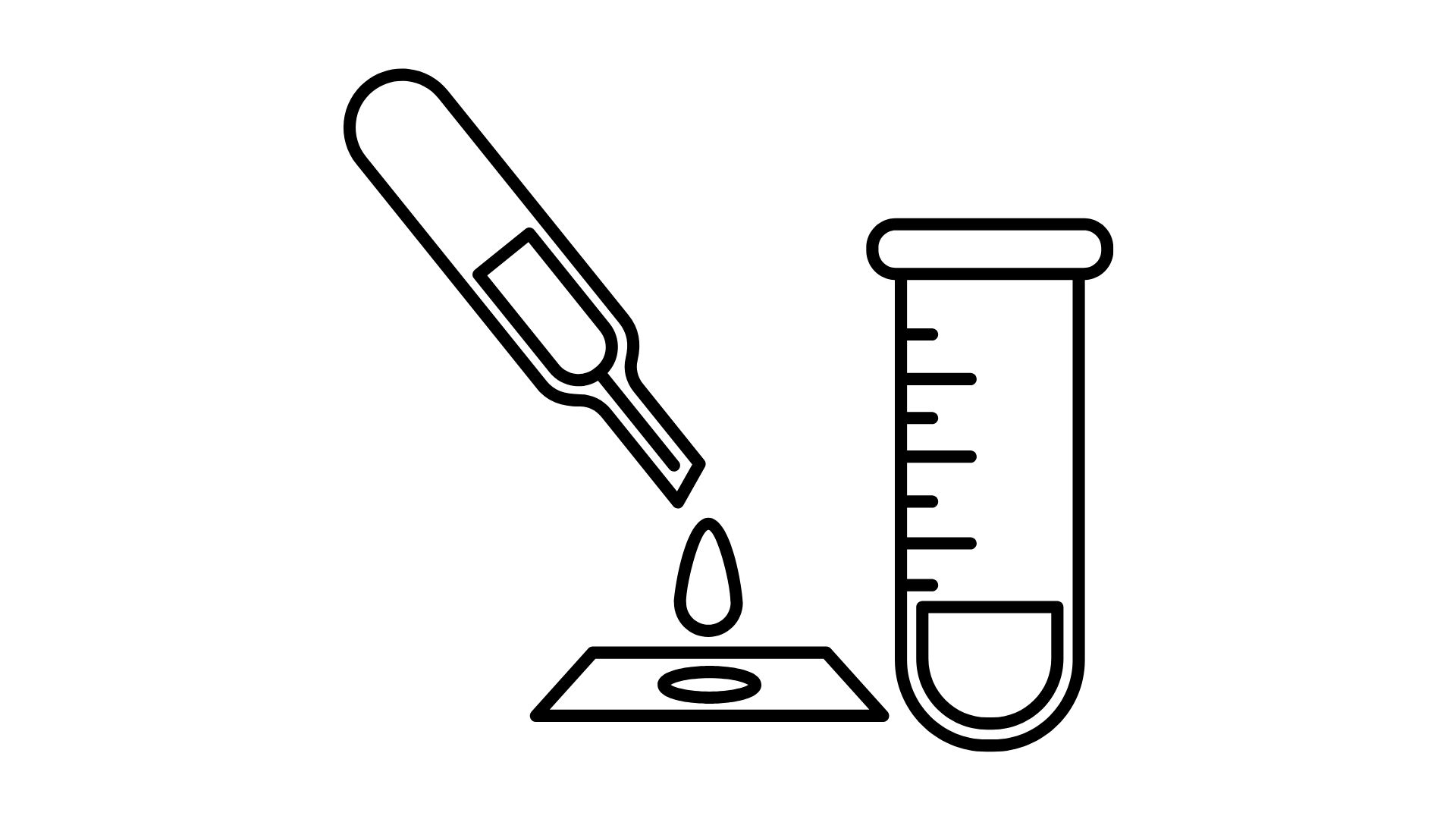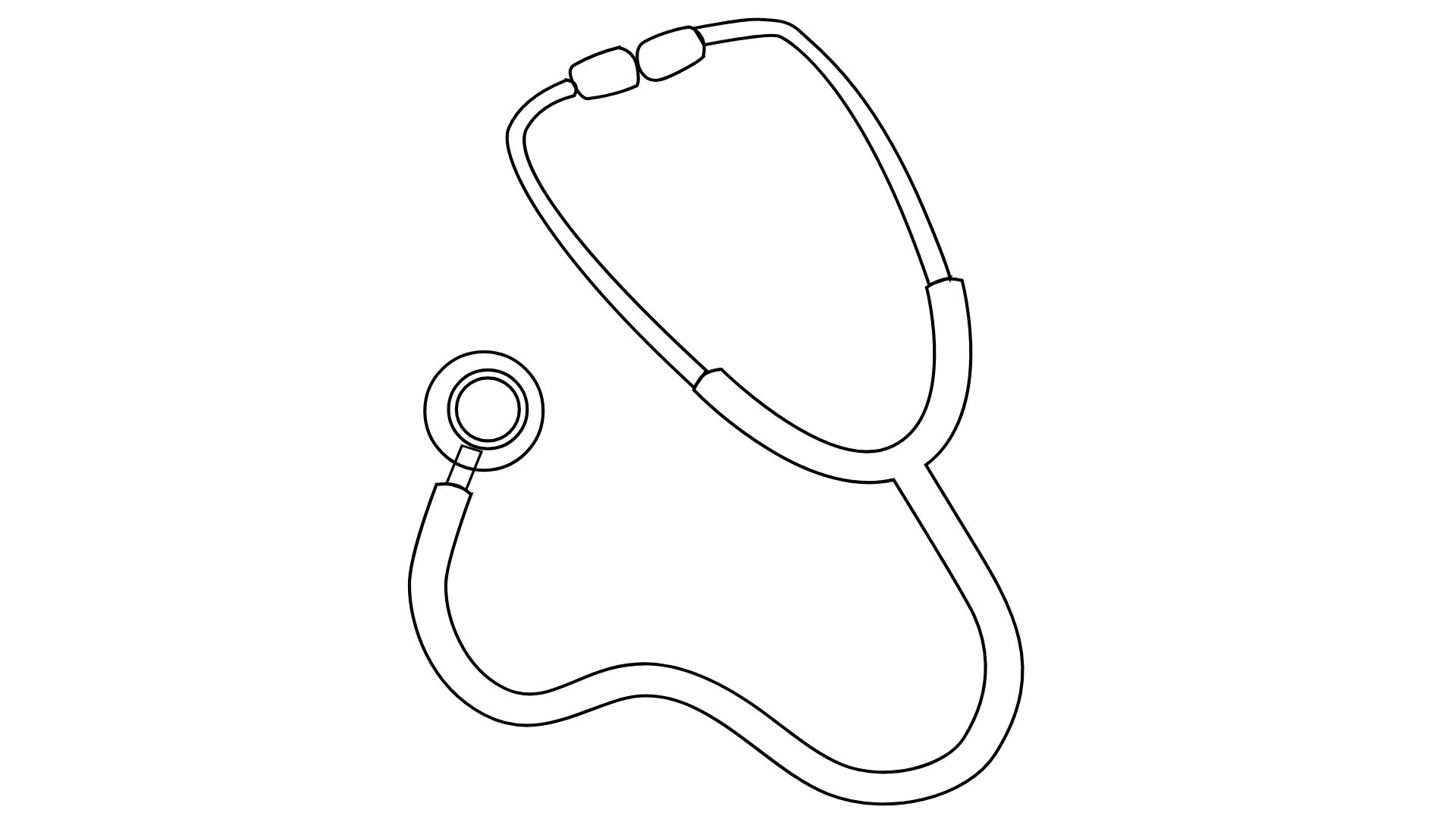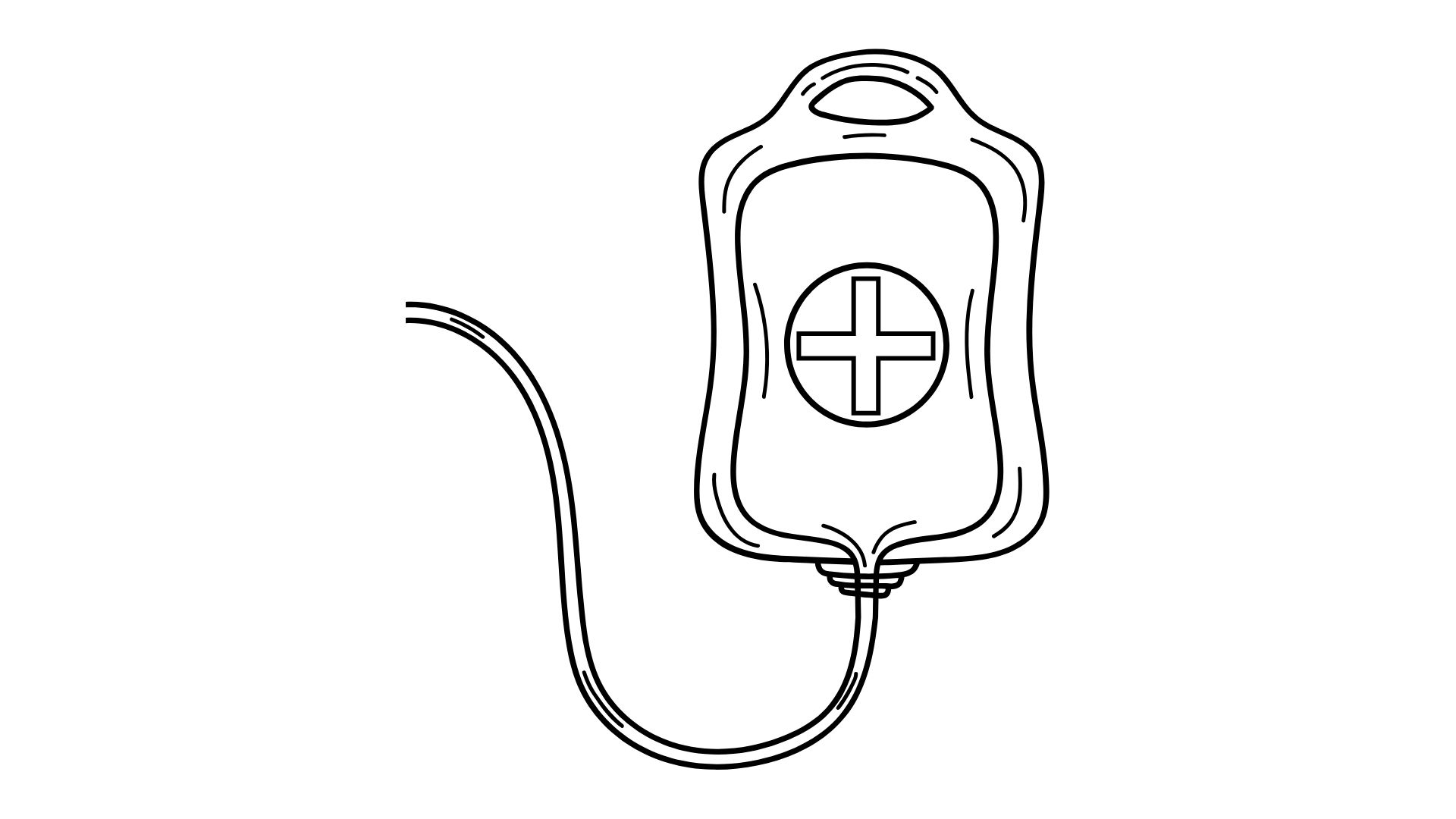Looking for a high-paying career in healthcare that doesn’t involve blood or needles?
Healthcare administration might be your golden ticket. It’s one of the fastest-growing fields in healthcare, with some roles pulling in six-figure salaries without requiring medical degrees.
But which positions pay the most? And what do you need to land them? Let’s break down the best-paying healthcare admin jobs that could have you cashing some serious checks while helping improve our healthcare system.

Best Paying Jobs in Healthcare Administration
Healthcare administration careers span everything from managing hospital operations to implementing healthcare policies. And here’s the good news – they can be seriously lucrative.
Some key points before we dive in:
- Most high-paying roles require at least a bachelor’s degree, with master’s degrees becoming the standard for top positions
- Salaries range from $50,000 for entry-level positions to over $200,000 for executive roles
- The Bureau of Labor Statistics projects a whopping 29% growth in medical and health services manager jobs between 2023 and 2033 (that’s way faster than average!)
Top 10 Healthcare Admin Jobs That Pay the Big Bucks

Ready to see which roles might be worth pursuing? Let’s count down the highest-paying positions.
1. Medical Director
Salary: Approximately $226,000 per year
As a medical director, you’re essentially the captain of the healthcare ship, making sure everything runs smoothly while maintaining quality standards. You’ll oversee clinical operations, manage medical staff, and stay up-to-date on healthcare laws and technologies.
The catch? You’ll typically need an MD or DO degree plus extensive clinical experience. This role is perfect for physicians who want to transition into leadership.
2. Hospital CEO
Salary: Around $161,607 annually
Want to be the big boss? Hospital CEOs oversee the entire hospital operation, making strategic decisions about everything from budgets to expansion plans.
You’ll need at least a master’s degree in healthcare administration or business administration, and several years of progressive leadership experience. It’s a high-stress job with high rewards to match.
3. Healthcare Chief Information Officer (CIO)
Salary: Approximately $159,468 per year
If you love both healthcare and technology, this might be your dream job. Healthcare CIOs manage all the IT systems and tech strategy for healthcare facilities. With healthcare becoming increasingly digital, these roles are becoming crucial to organizational success.
Typically requires a bachelor’s in IT or related field, but an MBA or equivalent is preferred for top positions.
4. Chief Nursing Officer
Salary: About $149,791 annually
Chief Nursing Officers oversee all nursing operations in a healthcare facility. They ensure quality patient care while managing nursing staff and participating in strategic planning.
This role requires a master’s degree in nursing or healthcare administration, plus extensive nursing experience. Perfect for nurses looking to move into leadership.
5. Hospice Administrator
Salary: Approximately $135,649 per year
Hospice administrators manage end-of-life care facilities, overseeing operations while ensuring compassionate, dignified care for patients in their final days.
While emotionally challenging, this role is incredibly rewarding. You’ll typically need a bachelor’s degree in healthcare administration, though many employers prefer candidates with master’s degrees for this sensitive leadership position.
6. Nursing Home Administrator
Salary: About $120,725 annually
Similar to hospice administrators, nursing home administrators oversee residential care facilities, but for longer-term stays. You’ll manage staff, ensure regulatory compliance, and maintain quality care standards.
This role usually requires a bachelor’s degree plus specialized certification as a Nursing Home Administrator.
7. Hospital CFO
Salary: Approximately $123,586 per year
Got a head for numbers? Hospital CFOs manage all financial aspects of healthcare facilities, from budgeting to financial planning and resource allocation.
You’ll need an MBA or degree in finance, plus solid experience in healthcare financial management. As healthcare costs continue to rise, skilled CFOs who can balance budgets while maintaining quality are in high demand.
8. Hospital Administrator
Salary: About $117,960 annually
Hospital administrators handle the day-to-day operations of healthcare facilities. You’ll supervise staff, manage resources, and ensure everything runs smoothly.
While some smaller facilities accept candidates with bachelor’s degrees, most hospitals now prefer administrators with master’s degrees in healthcare administration or related fields.
9. Health Clinic Administrator
Salary: Approximately $108,390 per year
If hospitals seem too massive, clinic administration might be more your speed. You’ll manage smaller healthcare facilities, overseeing daily operations and staff.
These positions typically require a bachelor’s degree in healthcare administration, though master’s degrees are becoming increasingly common even at the clinic level.
10. Clinical Informatics Manager
Salary: About $105,973 annually
Love data? Clinical informatics managers develop and implement IT solutions that improve patient care and streamline operations. With healthcare becoming increasingly data-driven, these roles are exploding in popularity.
You’ll need a bachelor’s degree in healthcare IT or a related field, with many employers preferring candidates with clinical experience as well.
How to Boost Your Earning Potential

Want to maximize your salary in healthcare administration? Here are some strategies that actually work:
Level up your education – Getting that master’s or doctoral degree can seriously increase your earning potential, often by $20,000+ annually. Many executive-level positions won’t even consider candidates without advanced degrees.
Gain leadership experience – Actively seek opportunities to manage staff or departments. Even small leadership roles can help you climb the ladder faster.
Get certified – Professional certifications like the Fellow of the American College of Healthcare Executives (FACHE) can set you apart from other candidates and justify higher compensation.
Specialize in high-demand areas – Focusing on areas like healthcare informatics or quality improvement can make you more valuable in today’s healthcare market.
Be willing to relocate – Healthcare admin salaries vary dramatically by location. Major metropolitan areas tend to pay more, though cost of living is also higher.
Is Healthcare Administration Right for You?

Healthcare administration offers an amazing combo of solid pay, job security, and the satisfaction of improving healthcare systems. But it’s not all spreadsheets and strategy meetings.
The best healthcare administrators are passionate about improving patient care, even if they’re not providing that care directly. They’re problem-solvers who can navigate complex regulations while managing diverse teams.
And unlike clinical roles, most administrative positions offer regular hours and weekends off (though executives are often on call).
If you’re interested in healthcare but prefer analyzing systems to analyzing blood samples, administration might be your perfect fit. With the right education and experience, you could find yourself in one of these high-paying positions sooner than you think.




